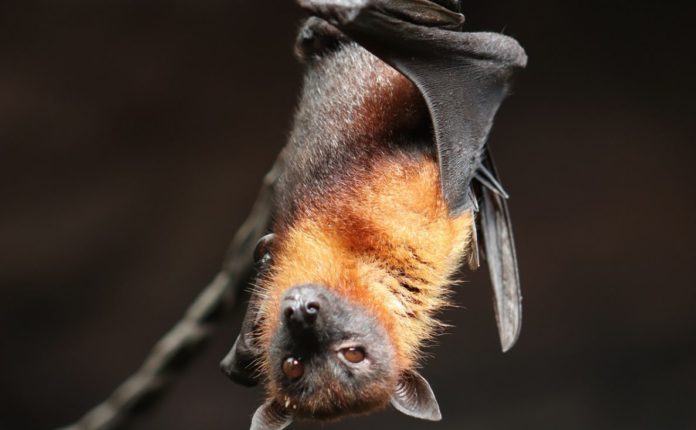Researchers have found a new virus in bats of Thailand that show genetic similarity to the virus which caused COVID-19.
A group of researchers has found a new virus known as RACCS203. The genetic code of this novel virus showed a whopping 91.5% resemblance with SARS-COV-2. The researchers involved belonged to Duke’s-NUS medical school from Singapore and the Chulalongkorn University of Bangkok. The samples that researchers referred to were from bats in Eastern Thailand’s wildlife sanctuary.
- Does This Mean We Stopped Being Animal and Started Being Human Due to ‘Copy Paste’ Errors?
- The One Lifestyle Choice That Could Reduce Your Heart Disease Risk By More Than 22%
- Aging: This Is What Happens Inside Your Body Right After Exercise
- Immune-Boosting Drink that Mimics Fasting to Reduce Fat – Scientists ‘Were Surprised’ By New Findings
- Gun Violence in America: What They Don’t Talk About at the Debate
However, in spite of its genetic similarities, the RACCS203 shows significantly different characteristics from SARS-COV-2. In view of these distinctions, the scientists suggest that the chances of it infecting the people is far less. The reason behind such unlikeliness is that it cannot bind to Ace2 receptors on cells of a human being which is the point of access for coronavirus.
Earlier, similar strains have solely been found in Japan and China. However, coming across such a virus in Thailand is indicative of the widespread existence of such a virus over a range of 3000 miles across Southeast Asia.
Dr. Supaporn Wacharapluesadee, the scientist who is leading the study said, “This is an important discovery in the search for the origin of SARS-CoV-2, which was made possible by rapid application of cutting-edge technology through transparent international collaboration.”
The results come as investigators from the World Health Organization investigating the sources of the disease stated that bats continue to be a probable source, and transmission of the virus through frozen food is a likelihood.
During his visit to Wuhan which lasted for almost a month, Peter Ben Embarek – the team lead, mentioned that the team had unrevealed new chunks of data, but had not resulted in a drastic transformation of the picture. He also added further that their initial results indicate that the introduction through an “intermediate host species” is the most probable route, and needs further studies and more focused analysis.
Dr. Embarek said that research to determine the source of the coronavirus hints at a “natural reservoir in bat”, but they are improbable to be found in Wuhan. He also said that they had conducted very detailed research in the quest to understand the outbreak of COVID-19. They, however, didn’t come across any traces of massive outbreaks that can be possibly linked to COVID-19 before December, either in the Chinese city of Wuhan or anywhere else. Dr. Embarek also declined the lab-leak theory calling it “extremely unlikely”.
Liang Wannian who heads the Chinese expert panel on outbreak said that there were indications of coronavirus infections that may have been “several weeks” prior to the first observed case. “This suggests that we cannot rule out that it was circulating in other regions and the circulation was unreported,” he said.
- Does This Mean We Stopped Being Animal and Started Being Human Due to ‘Copy Paste’ Errors?
- The One Lifestyle Choice That Could Reduce Your Heart Disease Risk By More Than 22%
- Aging: This Is What Happens Inside Your Body Right After Exercise
- Immune-Boosting Drink that Mimics Fasting to Reduce Fat – Scientists ‘Were Surprised’ By New Findings
- Gun Violence in America: What They Don’t Talk About at the Debate
Dr. Embarek also mentioned the team having identified sales of frozen animal products and there’s scope to further analyze the supply chain.
China has recurrently emphasized the possibility of transmission of the virus by the means of frozen food and has frequently revealed reports of evidence of coronavirus on imported food packaging.
